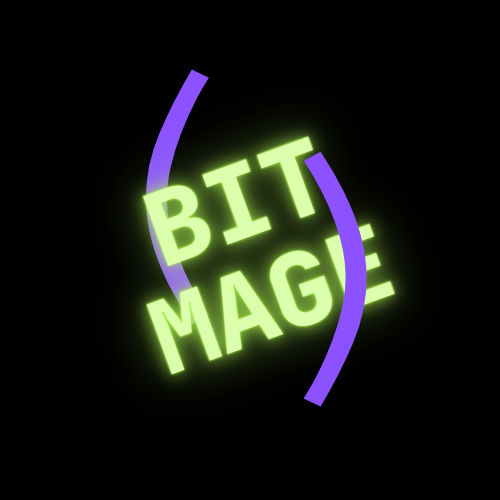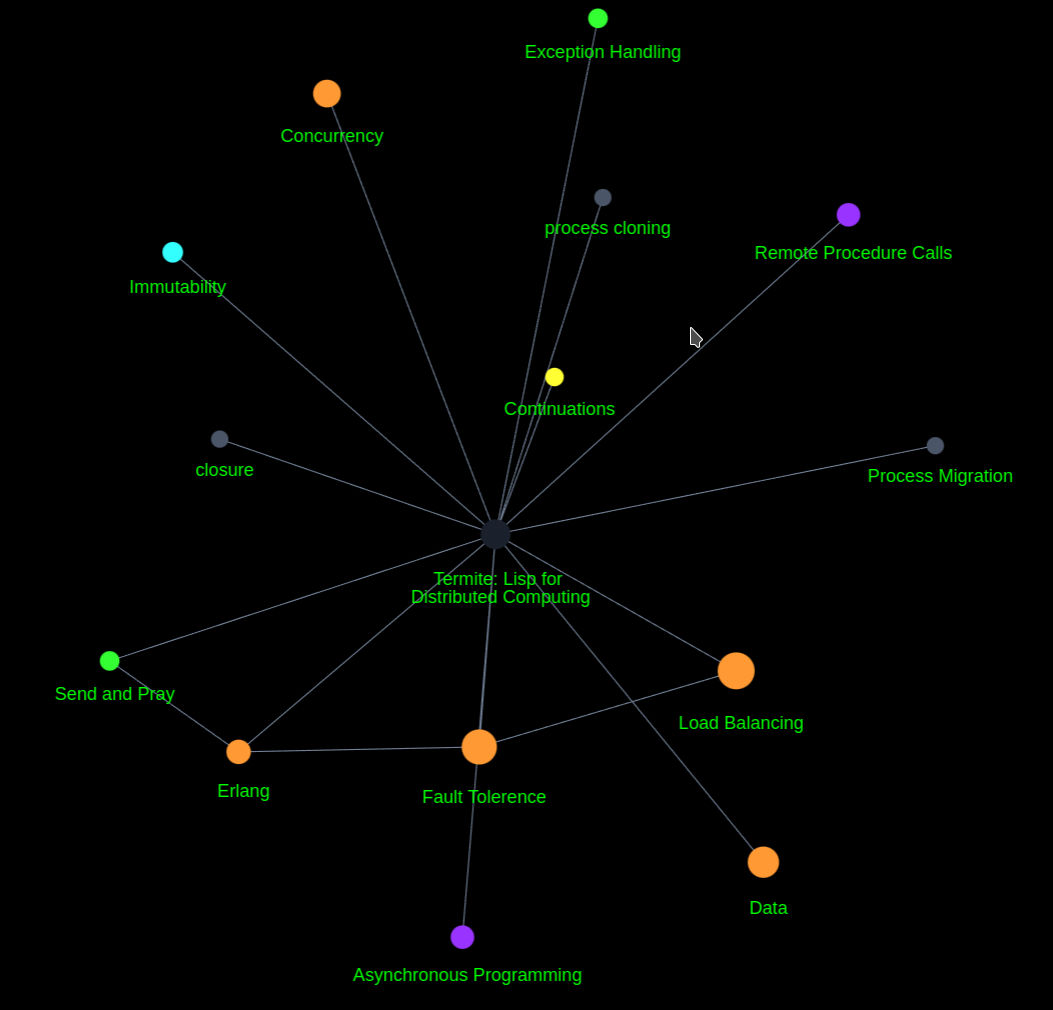there's a lisp for that
“For years, I’ve defended lisp in pragmatism oriented SWE back and forths with ’they’re all an AST underneath, anyway..”
Now that I’m writing lisp on the job, I’m in a “gotta catch’em all” kinda mood and thinking of elaborating upon the eccentricities in my upcoming blogs and videos.
There’s a lot of questions I have:
- when do you deploy which one?
- are there any bad ones?
- why does that one exist?
- ..

